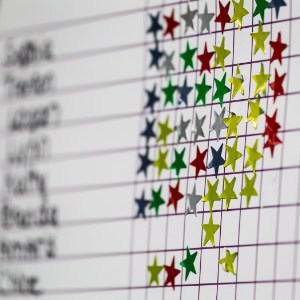Happy or Willing (WT816)
BlogSomething I learned from my mentor, Kip McGrath was the difference between employees being unable to do something and unwilling to do something.
This helps immensely when leading and managing your team because it guides the conversations and/or training required.
One of my clients, Mark Kentwell, takes it a little further.
He makes a distinction between being “happy” to do something or “willing” to do something.
I was reminded of this last week, when I was working onsite at a client’s office and I was asked to take a phone enquiry.
“I’m happy to take the call”, I said.
As soon as I heard myself say that, I stopped for a second.
Was I really happy to take the call, or was I just willing?
Truth is, I was willing.
I really didn’t want to take the call because it was interrupting the work I was focussing on.
How often do we say, “I’m happy to <fill in the blank”, when we’d rather not?
Let this week’s thought be an encouragement to you to speak your truth.
Be assertive.
If you’re willing, say you’re willing.
If you’re happy, say you’re happy.
Let’s not confuse the two.
Happy or willing? Write back and let me know what you find.
P.S. Invite your friends to get the Weekly Thought delivered directly to their inbox.













